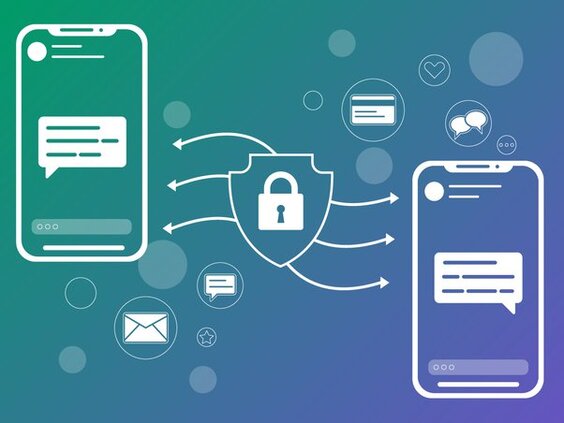

In today’s digital world, online hate crimes have become a growing concern. These offenses occur when individuals use the internet to spread hateful comments or posts based on extreme biases related to race, religion, gender, disability, food preferences, and more. While some instances may not meet the legal definition of a crime, they often cause immense psychological and emotional harm, particularly among young students.
Why Should Teachers Be Concerned?
Teachers play a vital role in shaping young minds, both academically and socially. The impact of online hate crimes can be devastating for students, leading to:
-
Emotional Distress: Victims may experience anxiety, depression, and a sense of isolation.
-
Disrupted Learning: A student targeted by hate speech may struggle to focus in class.
-
Bullying Culture: Unchecked hate speech can create a toxic school environment, encouraging discrimination and division.
-
Potential for Escalation: Hate crimes can lead to real-world violence if not addressed early.
By understanding these threats, teachers can take proactive measures to protect students from digital hate and cyberbullying.
Recognizing the Signs of Online Hate Crimes
As educators, identifying early warning signs can prevent students from being victims or perpetrators of online hate crimes. Watch out for:
-
Discriminatory language in students’ online interactions or social media posts.
-
Aggressive or derogatory comments targeting specific groups.
-
Encouraging or sharing extremist views through chats, memes, or videos.
-
Students withdrawing socially due to online bullying or harassment.
-
Signs of distress, such as a sudden drop in academic performance or changes in behavior.
How Teachers Can Safeguard Against Online Hate Crimes
Educators can foster a safe online and offline environment by promoting inclusivity and digital responsibility. Here are effective ways to safeguard students:
1. Educate Students on Digital Citizenship
-
Teach students about responsible social media use and the impact of hate speech.
-
Encourage critical thinking before sharing or reacting to online content.
-
Promote empathy and inclusivity in classroom discussions.
2. Foster Open Communication
-
Encourage students to report any hateful or discriminatory online behavior.
-
Build trust by creating a judgment-free space for students to share their concerns.
-
Conduct regular anti-bullying and cyber awareness sessions.
3. Monitor Classroom and Online Behavior
-
Stay updated on trending social media platforms where hate speech is prevalent.
-
Collaborate with school counselors to identify at-risk students.
-
Implement anonymous reporting mechanisms for students facing online abuse.
4. Encourage Responsible Social Media Use
-
Discourage students from posting or reacting to biased or provocative content.
-
Promote fact-checking before believing or spreading controversial claims.
-
Encourage students to think critically about how their words affect others.
Taking Action Against Online Hate Crimes
If a teacher or student encounters an instance of online hate speech, swift action is essential:
1. Report the Incident
-
File a complaint on cybercrime.gov.in or lodge a police report if necessary.
-
Report hate speech content on social media platforms to get it removed.
2. Provide Support to Affected Students
-
Offer counseling and guidance to students affected by online hate.
-
Work with school authorities to discipline perpetrators appropriately.
3. Promote School-Wide Awareness Campaigns
-
Organize workshops on cyber ethics for students and parents.
-
Implement zero-tolerance policies against online discrimination.
Legal Framework for Online Hate Crimes in India
India has several legal provisions to address online hate speech and discrimination. Teachers should be aware of these laws to guide students in case of an incident:
-
Section 153A IPC: Punishes those promoting enmity between groups based on religion, race, place of birth, or language.
-
Section 295A IPC: Addresses deliberate acts meant to outrage religious beliefs, with imprisonment up to three years.
Conclusion: Teachers as Digital Guardians
Online hate crimes pose a serious threat to students’ mental well-being and academic growth. By staying vigilant, fostering digital awareness, and taking preventive action, teachers can play a crucial role in creating a safe and inclusive digital environment for students. Together, we can build a future where online spaces are free from hate and discrimination.
Together, we can build a future where online spaces are free from hate and discrimination.
Cyber Hygiene Foundation
- TeachersOnlineSafety CyberAwareEducators DigitalSafetyForTeachers EdTechSecurity TeacherCyberSafety CyberAwareness CyberSafety SafeInternetForAll CyberHygieneForAll
You May Also Like It
The internet has transformed the way children learn, play, and
Instant messaging (IM) platforms have become indispensable for communication in
Leave A Comment
Don’t worry ! your e-mail address will not published.








0 Comments